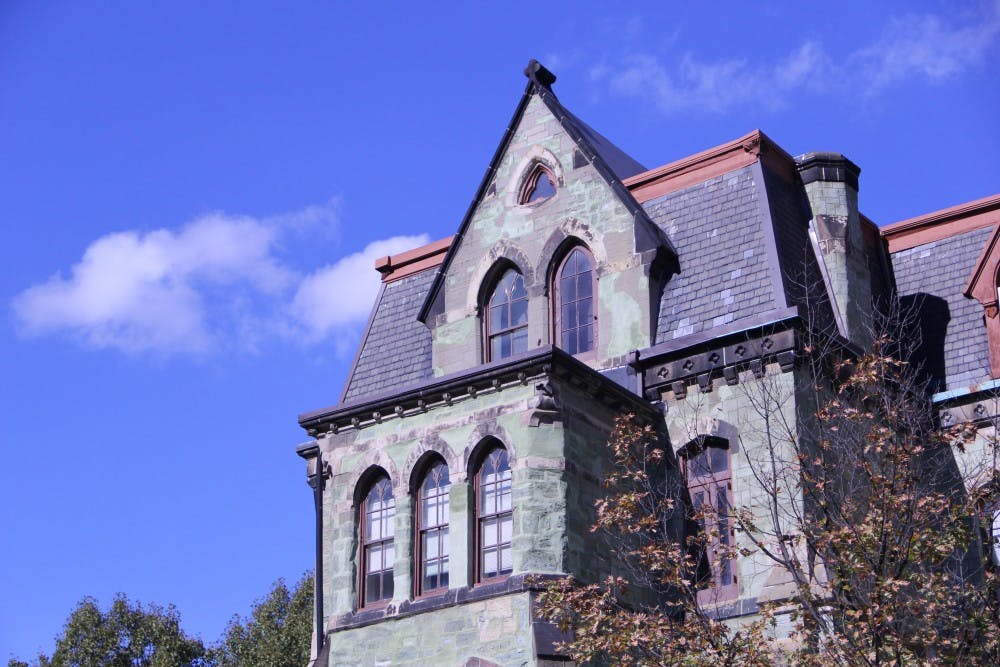Sometimes, history does change.
Penn’s Department of History is being revamped. History professor Alexander Chase-Levenson, who arrived at Penn last spring, will teach the first modern British history course since spring 2007.
Chase-Levenson, who earned his doctorate from Princeton University, said that his course, "Modern Britain, 1700–2015: Empire, Industry, and Democracy," will help satisfy high student demand for modern European history courses, which have “been understaffed for a long time,” Todd said.
Chase-Levenson anticipates that the course will allow students to grapple with historical ideas, given that many of his course's primary sources are written in modern English. “We’ll be looking at novels, at plays, at travel narratives. We’ll be looking at British films, be listening to British music," he said. "We’ll be really getting to know society and culture, as well as politics.”
The course adds chronological continuity to "Britain to 1700," another British-focused history course that has been offered for many years without a follow-up.
“You absolutely will lose something if you don’t have at least a possibility for students to take both courses,” Chase-Levenson said.
“Chronological continuity in different parts of world” is especially important at this time, he added. His course starts with the formation of a union between Scotland and England, and last year Scotland voted on a referendum to determine whether or not it should be independent from England.
Students find value in chronological continuity as well.
“I don’t think that one era in history is more important than any other because each era in history builds off the previous one. To give the most well-rounded course offerings to students, the most well-rounded intellectual experience and the most well-rounded understanding of the political, cultural, social and economic forces that shape our world, it’s important that we’re equally strong in all areas,” College sophomore and history major Samantha Myers-Dineen said of the History department.
The scope and implications of the course are “huge,” said William Shirey, a College junior majoring in European history. Shirey posited that Chase-Levenson’s course would pique the interest of students not otherwise willing to take a history course. “A lot of times people don’t see a hugely clear connection between something that happened before 1600 and the way we should look at the world now. The connections are more explicit in modern times. I think people [in taking Chase-Levenson’s class] would be able to get new information to change their world view.”
In many ways, Chase-Levenson’s class will emphasize the ways in which the changing British worldview formed modern thought. “It’s really about studying how in some ways modernity came about. What do we mean by modernity?" Chase-Levenson said.
The course also forms comparisons between Britain and the United States. “A lot of features of modern American political culture come from the British tradition,” Chase-Levenson said.
Retirement, death and a few departures to other universities have cost the department a substantial portion of its faculty over the past decade. “History is really in so many ways central to the curriculum of SAS that the losses are keenly felt,” History professor Margo Todd said.
Chase-Levenson's arrival is the first of many anticipated faculty additions to the Department of History.
Within the next few years , historians focusing on modern economics, Mexico and the Ottoman Empire will be added to the faculty.
“We’re now in rebuilding mode,” Todd said.









